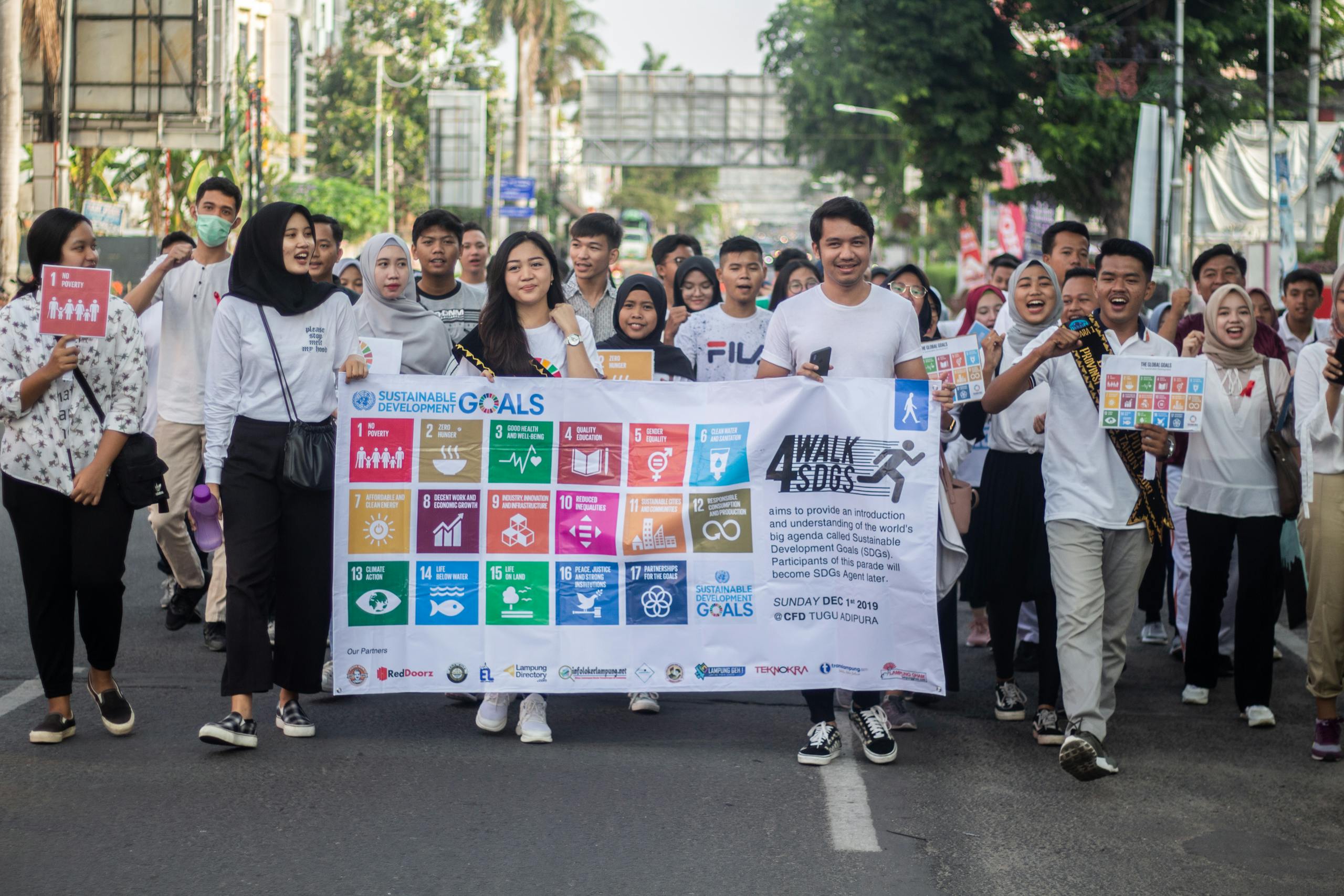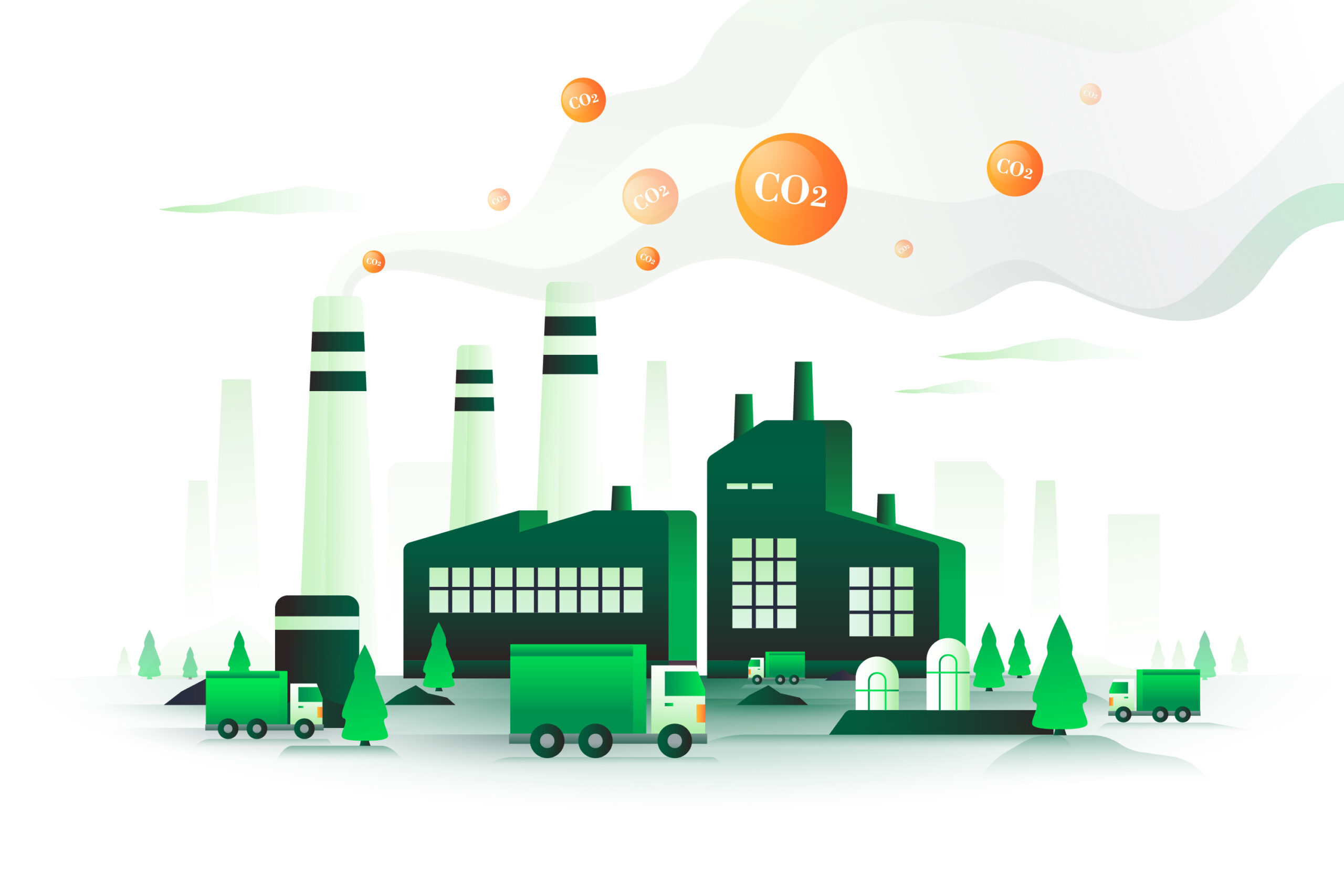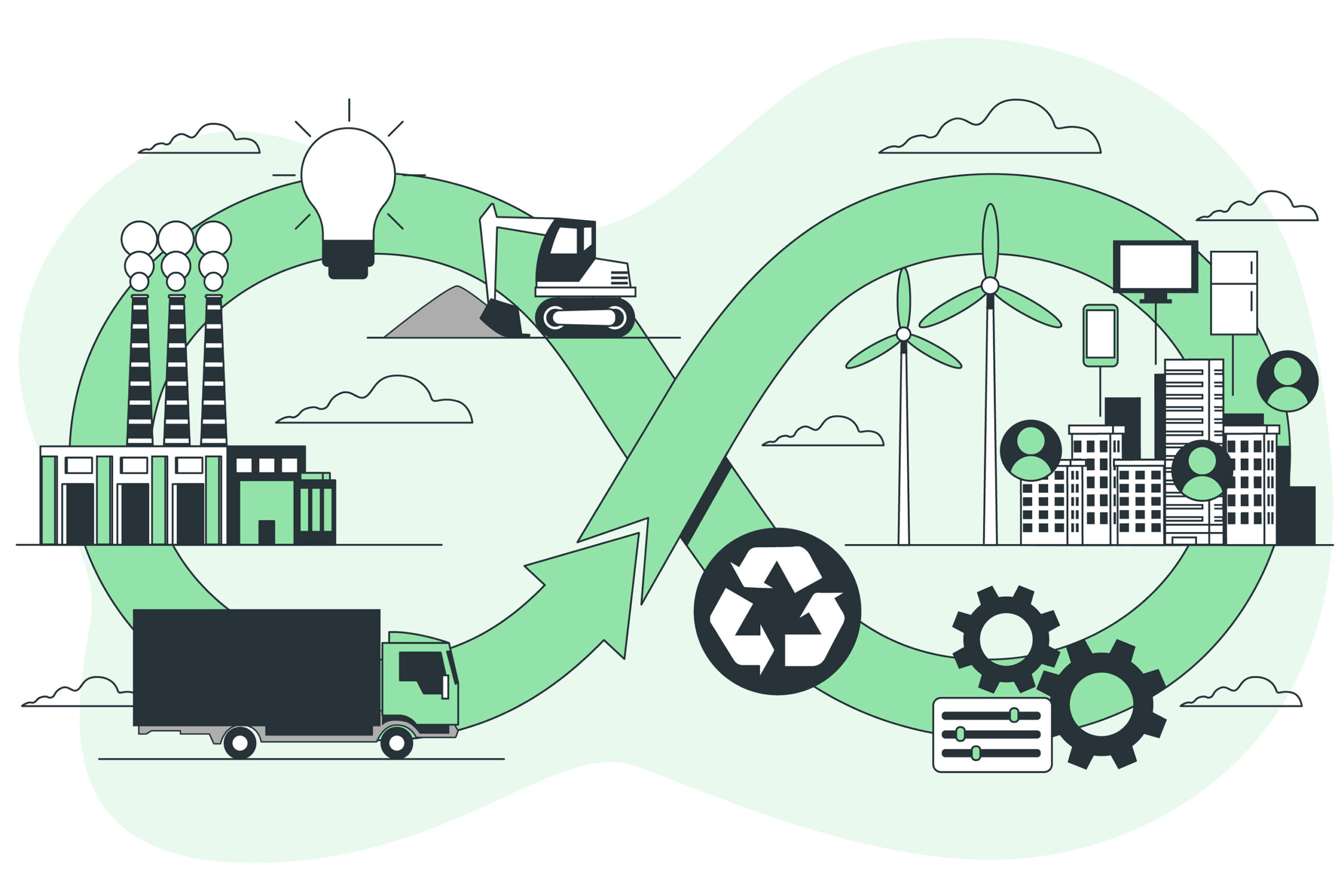Sustainability in manufacturing isn’t just a concept—it’s a reality for companies around the world. By adopting innovative energy solutions and efficiency measures, manufacturers are making real progress on SDG 7 (Affordable and Clean Energy) and SDG 13 (Climate Action). Here are some inspiring examples of businesses leading the way.
Solar-Powered Factory: Cutting Costs and Carbon in India
A mid-sized electronics manufacturer in India faced rising energy costs and took action by installing solar panels on its factory roof. Today, on sunny days, solar energy provides 60% of the plant’s electricity, significantly reducing reliance on fossil fuels.
✅ Impact:
- Lower utility bills, making operations more cost-effective.
- Thousands of tons of carbon emissions avoided each year.
- Employees stay engaged by tracking daily solar energy stats, fostering a culture of sustainability.
This move demonstrates how clean energy adoption (SDG 7) can bring both environmental and financial benefits.
Auto Giant Goes Green: Carbon-Neutral Factories by 2035
A global automotive company made a bold commitment: achieve carbon neutrality across all factories by 2035. Their approach combines efficiency improvements and renewable energy investments.
🔹 Phase 1: Energy efficiency upgrades—switching to LED lighting, optimizing equipment use, and reducing energy consumption per vehicle.
🔹 Phase 2: Renewable energy expansion—investing in solar and wind farms to power manufacturing facilities with 100% clean electricity.
🔹 Phase 3: Offsetting remaining emissions—funding reforestation projects to balance out unavoidable emissions.
✅ Impact:
- Some plants already operate at near-zero emissions.
- Sets a benchmark for the automotive industry to follow.
- Advances both SDG 7 (clean energy) and SDG 13 (carbon reduction).
This case shows that even heavy industries can take serious climate action with the right strategy and investment.
Small Business, Big Impact: Efficiency Wins in Japan
Sustainability isn’t just for multinational corporations. A family-owned packaging factory in Japan joined a local energy efficiency program and made small but effective changes:
🔹 Repaired air leaks in compressed air systems to prevent energy waste.
🔹 Insulated ovens and upgraded old motors, improving efficiency.
🔹 Installed a biomass boiler to burn waste wood for heat instead of using fossil fuels.
✅ Impact:
- 15% reduction in electricity use, cutting costs.
- Lower carbon footprint without major capital investment.
- Employees take pride in meeting sustainability goals.
This example highlights that even on a tight budget, manufacturers can achieve significant energy savings and contribute to climate action.
Sustainability: A Win-Win for Business and the Planet
Whether it’s a large corporation or a small family business, practical steps toward clean energy and emissions reduction can lead to lower costs, improved efficiency, and a better environment.
Manufacturers who invest in sustainability today are not just helping the planet—they’re building more resilient, future-proof businesses for tomorrow.











Leave a Reply